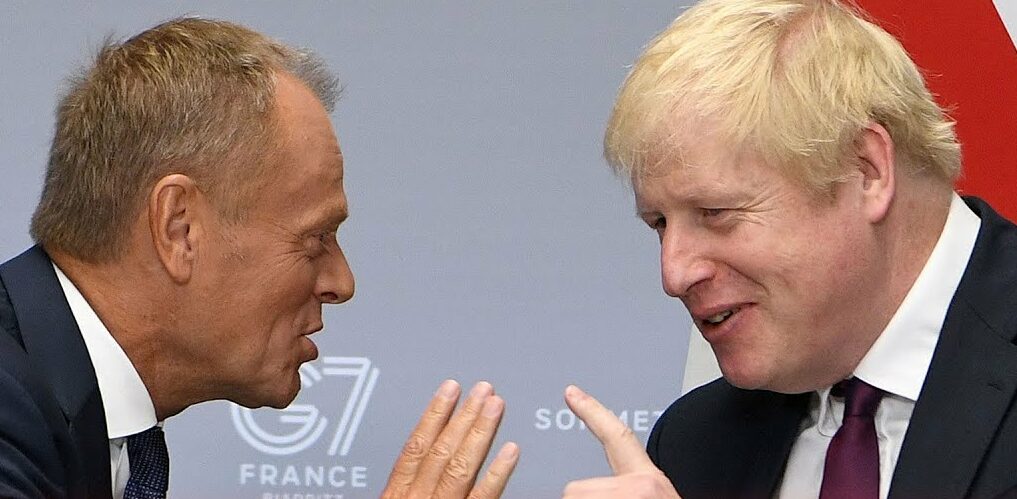
In a letter wrote to European Council President Donald Dusk on 28th of October, the United Kingdom Prime Minister Boris Johnson said, “I would have much preferred it if the UK Parliament could have proceeded rapidly to ratify the deal we reached between us. Unfortunately I vey much fear that this Parliament will never do so as long as it has the option of further delay. That is why I am seeking a General Election in December to ensure the election of a fresh Parliament which is capable of resolving the issue in accordance with our constitutional norms.”
“But, in case Parliament resists that too, I would also urge EU Member States to make clear that a further extension after 31 January is not possible. This is plenty of time to ratify our deal,” he said.
He also said, “It will avoid this Parliament simply extending our membership again and again, distracting from the good conduct of the business of the European Union, and corroding public trust in politics in the UK.”
He further said, “I very much hope that we can soon put this difficult period behind us, and move forward rapidly to ending our EU membership and beginning the negotiations on the future Free Trade Agreement and the future partnership of friends which will come with it.”
On 22 October, the UK government brought the revised EU Withdrawal Bill to the House of Commons for debate.
Parliamentarian members voted on the Bill itself, which was passed by 329 votes to 299, and the timetable for debating the Bill, which was defeated by 322 votes to 308.
Prior to the votes, UK PM had stated that if his timetable failed to generate the support needed to pass in Parliament, he would abandon attempts to get the deal approved and would seek a general election.


































































































